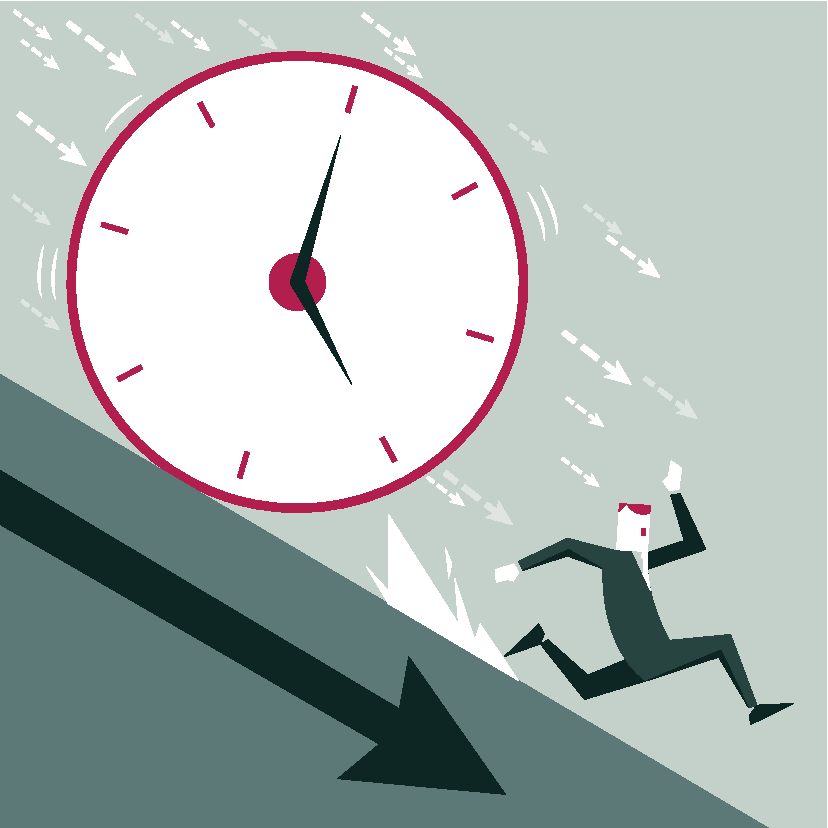
Time is a finite resource and once spent, it can’t be bought back. There’s a reason why we say that time is money and why we hire consultants and agencies by the hour.
The good news is that we can increase our efficiency by getting more done in the same amount of time. We need to think about it strategically though, making sure that we’re managing our time in the best possible way.
Here’s what you need to know.
Eat your frogs in the morning
This might sound a little weird but bear with us...
Mark Twain famously said, “Eat a live frog first thing in the morning and nothing worse will happen to you the rest of the day.” He also said, “If your job is to eat a frog, it’s best to do it first thing in the morning. And if it’s your job to eat two frogs, it’s best to eat the biggest one first.”
When it comes to time management, the lesson here is to get the most intimidating jobs out of the way first so that in the afternoon, you can focus on the fun stuff.
Timebox emails
In our experience, as soon as we open up our emails, we end up losing half an hour at least just dealing with the admin. In the same spirit as getting the biggest frogs eaten at the start of the day, it’s also a good idea to put certain tasks first and to set specific “timeboxes” in which to check emails.
Perhaps you spend the last five to ten minutes of every hour checking in - just remember not to check them outside your time boxes unless you have a specific reason.

Practice the 80/20 rule
The 80/20 rule, also known as the Pareto principle, states that we get 80% of our results from 20% of our effort.
In other words, there are certain things that we do which deliver disproportionate results.
If we focus 80% of our effort on those 20% tasks, we can increase our productivity by making sure that we’re using our time wisely and spending it on the tasks that are going to get results.
Make your meetings more effective
Meetings take up a lot of time, especially amongst senior executives. That’s why it’s so important to focus on effective business meetings.
Why not set a policy where any member of staff can walk out of a meeting at any time if they feel like it’s a poor use of their time? That would certainly force people to up their games!
Don’t stress too much
Time management is all about keeping a close eye on what you’re doing with your time so that you can better prioritize and get things done.
This means that you need to dedicate a certain amount of your attention to clock-watching and logging what you’re doing throughout the day. This is all well and good, as long as you don’t start to over-obsess and stress about it. That can lead to burnout and be counterproductive if it takes up more time than it saves you.
You need to find a balance that will work for you.
Conclusion
Following these suggestions will certainly help you to use your time more wisely, but they’re not set in stone. Remember to be flexible and break the rules when you need, if this allows you to be more productive.
Ultimately, it’s all about doing what works for you.
Now that you know just a few of the best time management strategies, it’s over to you to put what you’ve learned today into practice.
Remember, it’s never too late to start being more efficient with the way that you use your time. So why not get started today?
Good luck!



